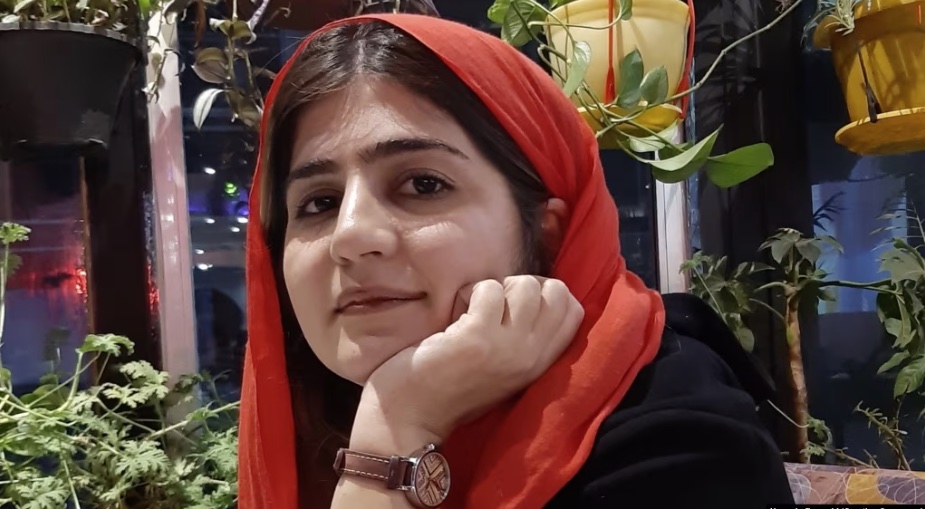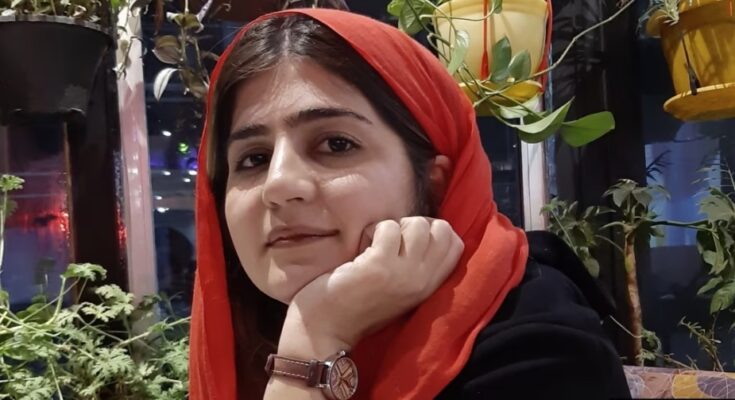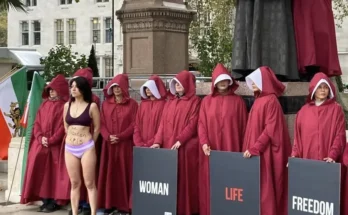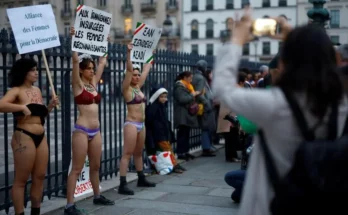Source: RFE/RL’s RadioFarda

An appeals court in Tehran has confirmed the two-year prison sentence handed to activist Sepideh Gholian for chanting a slogan against Iran’s supreme leader shortly after her recent release from detention.
Gholian’s brother Mehdi announced the decision on July 11, adding the Islamic Revolutionary Court sentence includes two years of deprivation from using a smartphone, a two-year ban on residing in Tehran or neighboring provinces, and a two-year prohibition on membership in political or social groups.
“The sentence issued to Sepideh by Branch 26 of the Tehran Islamic Revolutionary Court for chanting slogans and 10 seconds of video at the door of Evin prison (after only a few seconds of freedom) was confirmed by the appeals court,” he said.
Gholian was released from prison on March 15. As she left the notorious Evin prison in Tehran, she shouted, “Khamenei, the tyrant, we will bury you in the ground,” a reference to Supreme Leader Ayatollah Ali Khamenei. A video of her comments was circulated on social media, and four hours after her release she was rearrested.
She was originally arrested along with more than a dozen activists, protest organizers, and workers during the Haft Tappeh Sugar Factory strike in November 2018. While most were released on bond the next day, Gholian was imprisoned for a month.
Her release from prison in Ahvaz in December 2018 was short-lived as she was again arrested in January 2019 after Iranian state television aired footage in which it purported to show Gholian confessing to taking part in alleged Western-backed efforts to overthrow the government. She promptly countered those accusations on social media by saying she had been beaten and forced to make a false confession.
In March 2023, Gholian again gained her freedom when she was part of an amnesty granted by Khamenei to hundreds of prisoners.
Gholian declared during her incarceration that she does not recognize the legitimacy of the Islamic Republic’s “sham trials” and will not participate in any court proceedings as long as the government continues its oppressive policies against activists and dissenters.
Unrest has rattled Iran since last summer in response to declining living standards, wage arrears, and a lack of insurance support. Labor law in Iran does not recognize the right of workers to form independent unions.
Adding to the dissent, the September death of 22-year-old Mahsa Amini while in police custody for allegedly wearing a head scarf improperly breathed new life into demonstrations, which officials across the country have since tried to quell with harsh measures.
The activist HRANA news agency said that more than 500 people have been killed during the unrest, including 71 minors, as security forces try to stifle widespread dissent.
Thousands have been arrested in the clampdown, with the judiciary handing down harsh sentences — including the death penalty — to protesters.
Written by Ardeshir Tayebi based on an original story in Persian by RFE/RL’s Radio Farda




